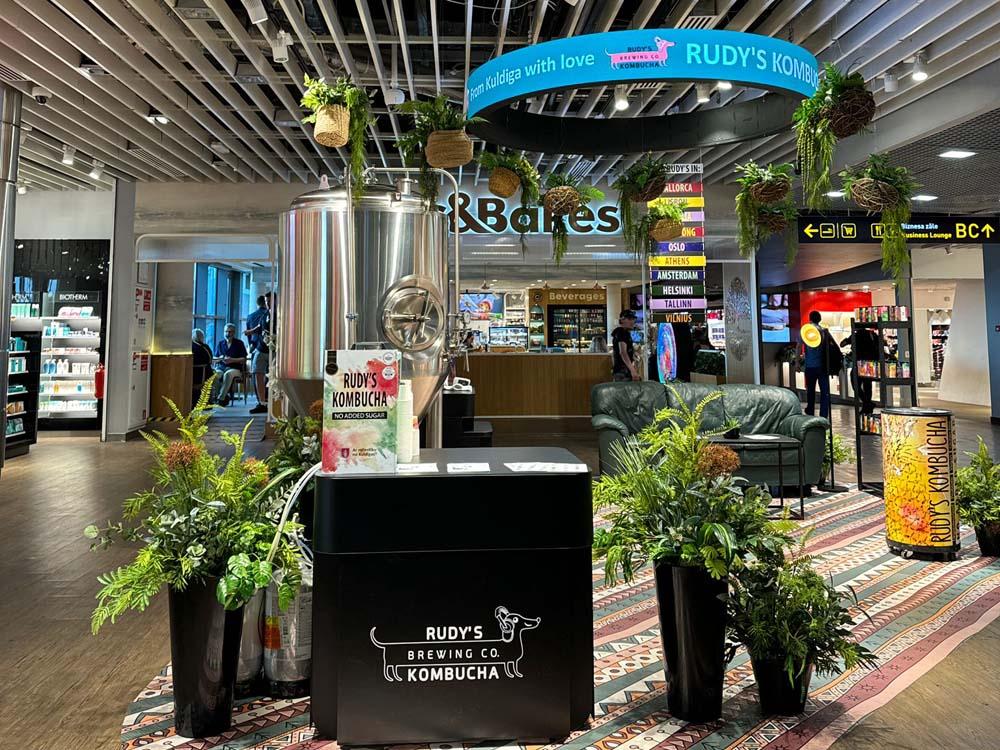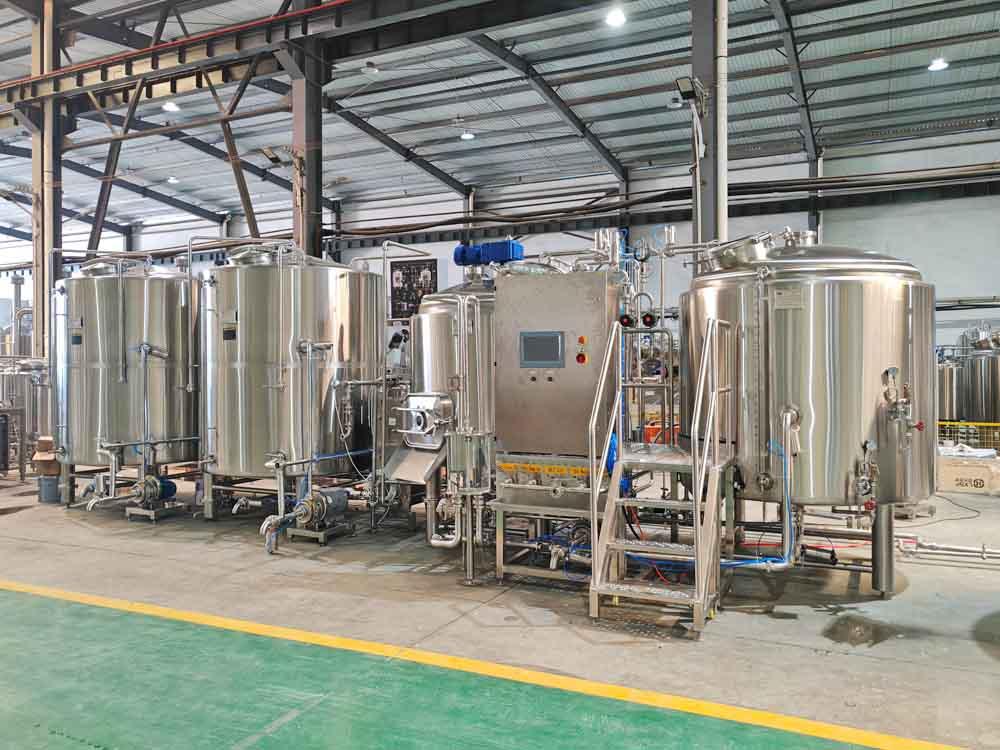What Is a Dry Hop Addition In Fermentation Vessel
- Nov 06, 2021
- 79
- tiantai
So, what is a dry hop addition in fermentation vessel? Dry hopping is a relatively broadly used term that covers several types of hop additions during the fermentation tank or immediately after the micro plants brewhouse boil kettle, rather than when the wort is being exposed to heat, in the boil mashing equipment, or in other pre boils, hop infusion processes. The primary purpose of “dry-hopping” is to impart the flavors and aromas of a particular hop, without drawing out bitterness from the process of isomerization. In most cases, you will see dry-hopping conducted toward the end of a beer’s fermentation process, or after the krausen on the beer starts to settle. There are two main reasons for this.
The first reason has to do with maintaining the freshest hop character possible from the fermenter, to the imbiber, as the most delicious hop compounds, also tend to be the most volatile and are easily lost to the atmosphere through the release of C02, or with age.
.jpg)
The second very big reason is a process called “biotransformation”, this, put simply means that during the most active part of fermentation also known as “krausen”, the yeast is typically producing larger amounts of a very manipulative little enzyme called “Beta-glucanase” now, not all yeasts make enough of it during early fermentation to catalyze noticeable biotransformation of hops, but the ones that do can end up changing the flavors of your hops, drastically in some cases. Some brewers opt to capitalize on this intentionally and are keenly aware of what the result will yield. When truly understood, it can be used as a tool to achieve specific flavor goals. Honestly, biotransformation in beer could probably be a topic of its own so we will not go too far down that rabbit hole, today. So, in summation, most “dry hopping” happens late in fermentation but not exclusively and provides the highest levels of aromatic, essential oil contribution.
Hopefully, now you are feeling more empowered regarding your understanding of hops, what they are, and their use and contributions in the brewing process.
How much does brewery equipment cost? Tiantai beer company help to build your own brewery system. Beer brewing equipment, cider making equipment, kombucha fermenting equipment, hard seltzer fermenting equipment.
The first reason has to do with maintaining the freshest hop character possible from the fermenter, to the imbiber, as the most delicious hop compounds, also tend to be the most volatile and are easily lost to the atmosphere through the release of C02, or with age.
.jpg)
The second very big reason is a process called “biotransformation”, this, put simply means that during the most active part of fermentation also known as “krausen”, the yeast is typically producing larger amounts of a very manipulative little enzyme called “Beta-glucanase” now, not all yeasts make enough of it during early fermentation to catalyze noticeable biotransformation of hops, but the ones that do can end up changing the flavors of your hops, drastically in some cases. Some brewers opt to capitalize on this intentionally and are keenly aware of what the result will yield. When truly understood, it can be used as a tool to achieve specific flavor goals. Honestly, biotransformation in beer could probably be a topic of its own so we will not go too far down that rabbit hole, today. So, in summation, most “dry hopping” happens late in fermentation but not exclusively and provides the highest levels of aromatic, essential oil contribution.
Hopefully, now you are feeling more empowered regarding your understanding of hops, what they are, and their use and contributions in the brewing process.
How much does brewery equipment cost? Tiantai beer company help to build your own brewery system. Beer brewing equipment, cider making equipment, kombucha fermenting equipment, hard seltzer fermenting equipment.




